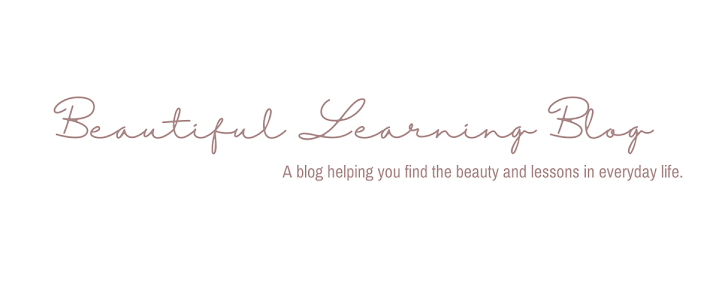HEALTHY MEAL & SNACK IDEAS
- Gingerbread protein muffins
- Baked pink salmon from kroger
- Red lentil or other high protein pasta w/ chicken or turkey meatballs & aldi fresh ingredient pasta sauce & parmesan.
- High protein snacks for work recipes
- Tuna salad on an english muffin or lettuce wraps.
- Egg salad on an english muffin or lettuce wraps.
- Low carb bread grilled cheese sandwiches
- Air fried seasoned ground turkey & brown or cauliflower rice stuffed peppers.
- Egg bake
- Quiches
- Scrambled eggs with cheese in a high protein wrap.
- Jumbo protein packed muffins
- Make my own homemade low-carb bread
- Chicken and/or black bean quesadilla w/ low-carb tortillas & cheese w/ salsa to dip.
- Turkey burger casserole
- Meatloaf
- Chicken drumsticks, steamed veggies, and rice or some other carby veggie or squash
- Boneless chicken thighs air fried
- Porkchops air fried
- Overnight oats w/ protein powder added
- Turkey chili
- High protein mac & cheese w/ cottage cheese
- Recipes on this link that are high protein
Morning High Fiber Muffins from this recipe but here is my modified version! :) https://konsyl.com/morning-glory-fibe…
https://konsyl.com/morning-glory-fiber-muffin-recipe/
- 1 Apple grated
- 11⁄2 Cup of Grated Carrots
- 1⁄2 tsp Ginger Ground
- 1/2 Cup Raisins
- 4 Tbs Konsyl Organic Psyllium Husk Powder
- 1/2 Cup Applesauce, Unsweetened 1/2 Cup Oat Flour
- 1 tbsp Baking Powder
- 2 tsp Baking Soda
- 3/4 Cup Brown sugar, Packed
- 2 tsp Cinnamon, Ground
- 1/2 tsp Salt
- 1 tbsp Vanilla Extract
- 11/2 Cups Gluten Free Flour
- 1/2 Cup Coconut Oil
- 1/4 Cup Coconut,
- Flaked 1/2 Cup Walnuts Chopped
- Bake at 350 degrees for 20 minutes

